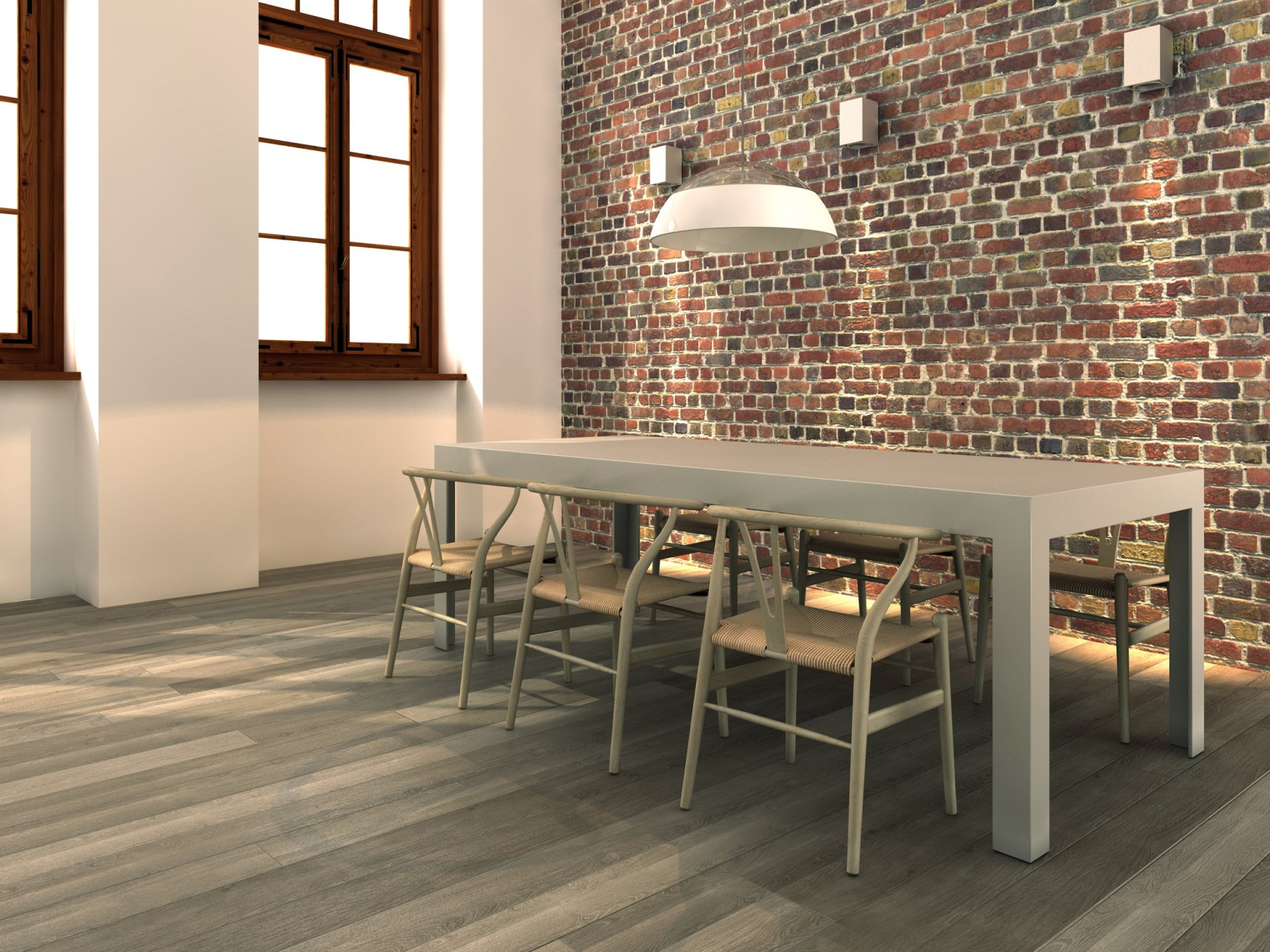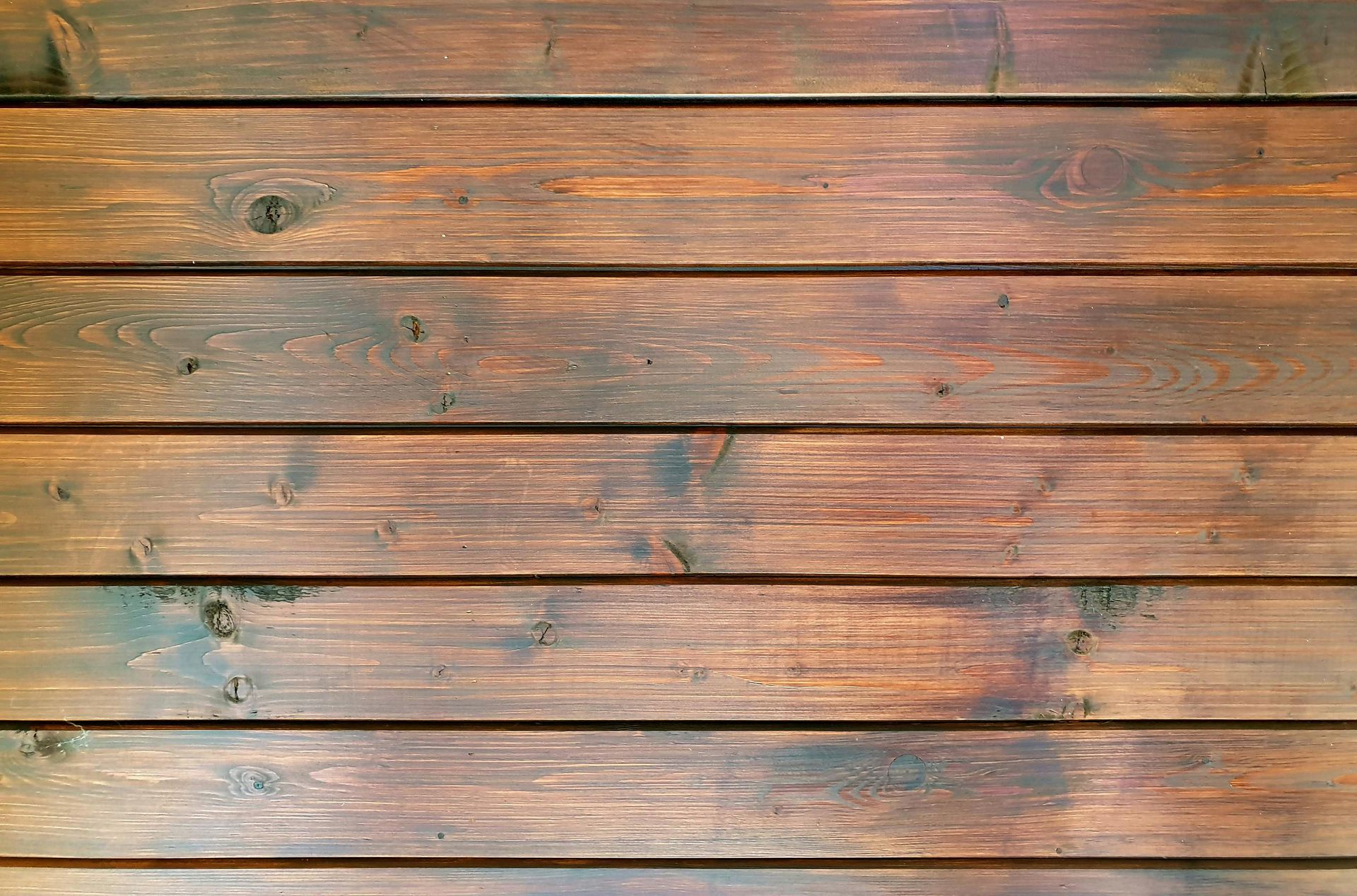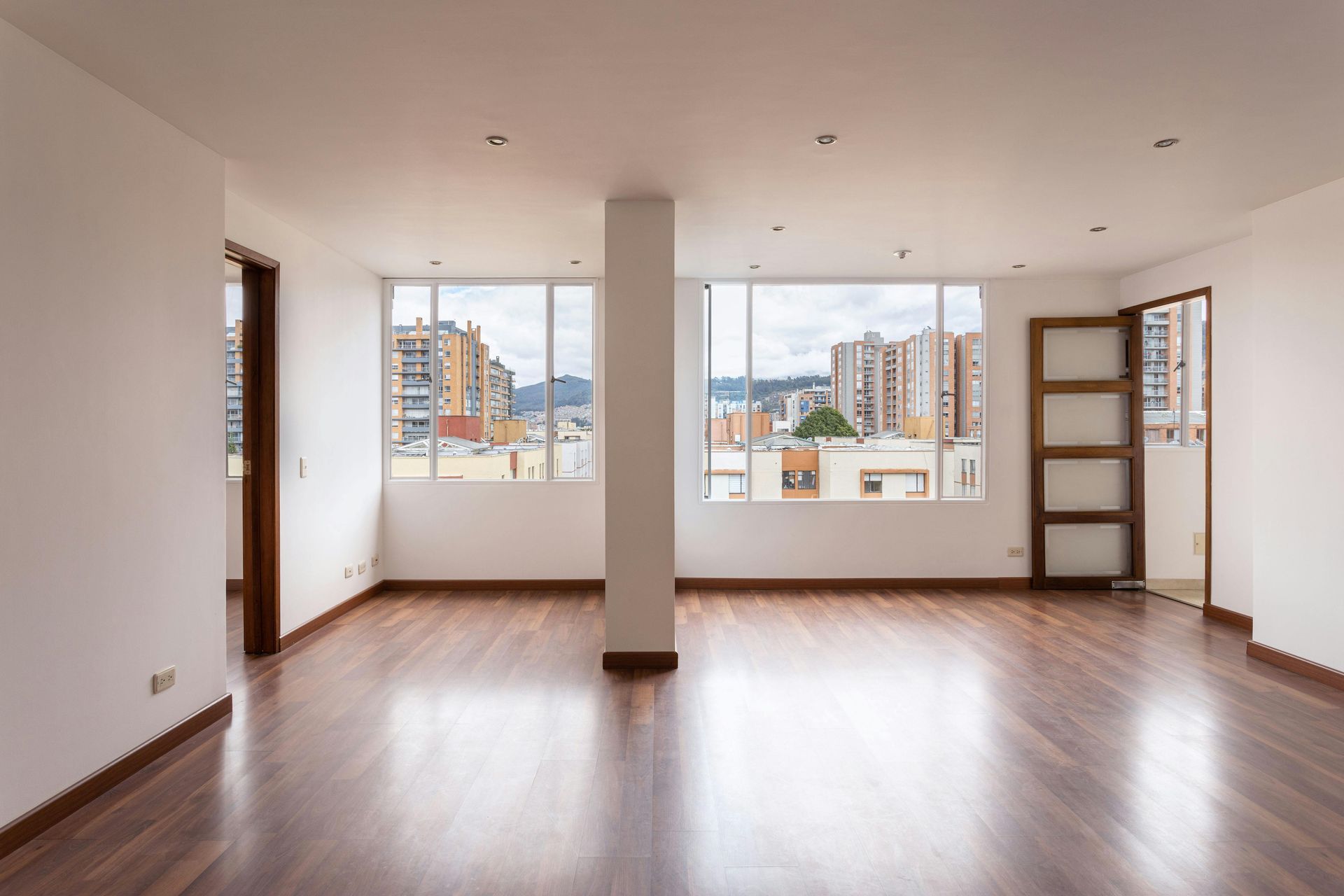Vinyl vs. Laminate Flooring: Which Is Best?

Choosing a floor between vinyl and laminate can be overwhelming. It's because both vinyl and laminate are excellent choices for flooring. They look almost similar, come in various designs and styles, and are affordable alternatives to solid wood floors. Therefore, to choose one, you need to know about their unique perks and how they differ from each other.
Vinyl Vs. Laminate Flooring
There is a lot of misconception and confusion about vinyl and laminate flooring, especially whether they are plastic or not. So, let's start with it.
Vinyl Flooring
Vinyl flooring is 100% plastic, consisting of four layers, the solid vinyl core topped with a waterproof layer, a printed vinyl layer, and a wear layer. The waterproofing layer can be a combination of wood/plastic composite (WPC) or stone/plastic composite (SPC).
Laminate Flooring
Laminate flooring is a synthetic floor consisting of four layers, a plastic/melamine backing layer topped with a high-density fiberboard, a design layer, and a transparent wear layer.
Aesthetics and Comfort
While both vinyl and laminate flooring looks similar, laminate flooring looks the most natural and stylish, resembling hardwood flooring. In addition to the elegant appearance, laminate floors also feel soft and comfortable underfoot.
Durability and Lifespan
When discussing the durability of vinyl vs. laminate flooring, vinyl floor is the most durable. High-quality vinyl flooring can last up to 15 to 25 years. Though laminate flooring can also last up to 15 to 25 years, thinner or poorly maintained laminate flooring may need replacement in 10 years.
Installation
Vinyl floors come as both tiles and planks and are easy to install. They can be installed directly over any existing floor. Similarly, laminate floors are also easy to install, and almost all laminate floors are floating floors.
Maintenance and Care
Vinyl and laminate floors are both easy to clean and maintain. You can sweep, vacuum or mop as you like, and they require no special cleaning equipment or products.
Water Resistance
Some laminate floors are water-resistant but not waterproof. You can install water-resistant laminate floors in bathrooms— however, they are not recommended for high-moisture areas. Hence they are ideal for living rooms, bedrooms, dining rooms, and hallways. On the other hand, vinyl floors are entirely waterproof. So they can be installed in bathrooms, kitchens, basements, and every room.
Sustainability
The sustainable option in vinyl flooring vs. laminate is laminate. Because the core of the laminate floor is made of compressed wood fibers extracted from wooden chips, making it a more sustainable option than vinyl.
In short
In the vinyl flooring vs. laminate flooring debate, vinyl flooring offers durability, lifespan, and waterproof features. In contrast, laminate flooring offers a stylish look and comfort.
The choice is yours! Contact our team at Floors For Less if you need our assistance to help you choose the best flooring between vinyl vs. laminate for your home or business.







